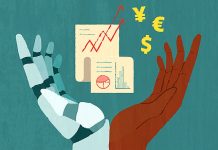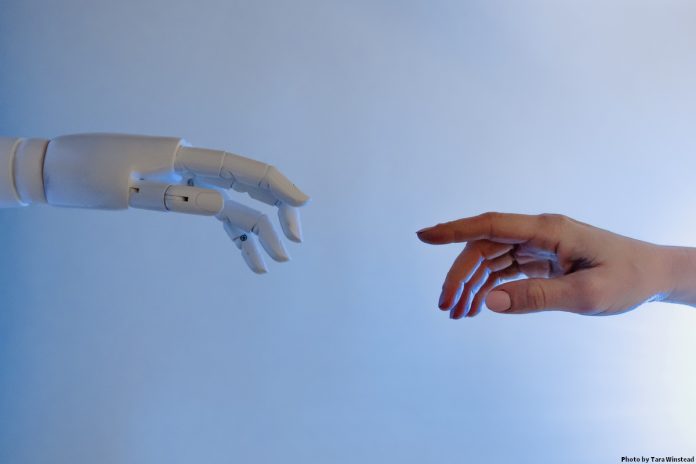Artificial intelligence (AI) has been touted as the future of many industries, from healthcare to finance, and beyond. With its ability to process vast amounts of data quickly and efficiently, AI has the potential to revolutionize the way we live and work. However, like any technology, AI is not without its flaws. One of the most significant challenges facing the development of AI is bias.
Bias in AI refers to the presence of unfair or unjustifiable assumptions or preferences in the decision-making processes of an AI system. These biases can arise from various sources, including the data used to train the AI, the algorithms used to process that data, or even the biases of the individuals who design and develop the AI system.
One of the primary ways in which bias can arise in AI is through the data used to train the system. If the data used to train an AI system is biased towards one particular group of people, it may lead to the system making biased decisions that disadvantage or discriminate against other groups. For example, if an AI system is trained on data that predominantly represents one particular group of people, it may make biased decisions that disadvantage or discriminate against other groups. This is known as “sample bias” and can lead to harmful outcomes such as racial or gender discrimination.
Another way in which bias can occur in AI is through the algorithms used to process data. Algorithms are essentially a set of rules or instructions that guide the decision-making processes of an AI system. If these algorithms are biased in favor of certain outcomes or decisions, it may lead to unfair or unequal treatment of individuals or groups. For example, if an AI system is designed to prioritize certain attributes over others, such as age, race, or gender, it may make decisions that disadvantage or discriminate against individuals based on those attributes.
Finally, bias in AI can also arise from the individuals who design and develop the AI system. Like all humans, these individuals have their own biases and perspectives that can influence the design and development of the AI system. For example, if the designers of an AI system are predominantly white or male, they may inadvertently design a system that is biased towards their own experiences and perspectives.
The impact of bias in AI can be significant, both on individuals and society as a whole. If an AI system is biased against certain groups of people, it may lead to unfair treatment and discrimination. This can have far-reaching consequences, including perpetuating inequality and reinforcing societal biases.
To address bias in AI, it’s important to take a proactive approach. This requires careful attention to the data used to train AI systems, as well as the design and implementation of algorithms and decision-making processes. AI developers must carefully consider the sources of data used to train their systems, ensuring that the data is representative of the diverse range of people and experiences that make up our society. They must also examine their algorithms and decision-making processes, looking for any biases or preferential treatment that may exist.
In addition, AI developers must also strive for diversity and inclusivity in their teams. By including individuals from diverse backgrounds and perspectives in the design and development of AI systems, they can help to mitigate bias and ensure that their systems are fair and equitable.
In conclusion, bias in AI is a significant challenge facing the development and implementation of this technology. However, by taking a proactive approach and carefully considering the data, algorithms, and perspectives involved in AI development, we can work towards creating fair and equitable AI systems that benefit all members of society.
Click here, you will be surprised…
‘Ar”I”tificial Intelligence’ in the title is just done in purpose, guess why? ;)… just an ‘human’ bug that makes us more human… 😉
___________________________







![The Incredible Growth of Fintech [Infographic]](http://ipfconline.fr/blog/wp-content/uploads/2018/02/31-01-2018-growth-of-fintech-1-218x150.jpg)
![FINE LIST OF 50 TOP WORLD BIG DATA EXPERTS TO FOLLOW IN 2017 [WITH MOZ SOCIAL SCORE]](http://ipfconline.fr/blog/wp-content/uploads/2017/05/Capture0000001ALTERN-218x150.jpg)

![FINE LIST OF 30 TOP WORLD INSURTECH EXPERTS TO FOLLOW IN 2017 [WITH MOZ SOCIAL SCORE]](http://ipfconline.fr/blog/wp-content/uploads/2017/05/hgfhfh1-218x150.jpg)













